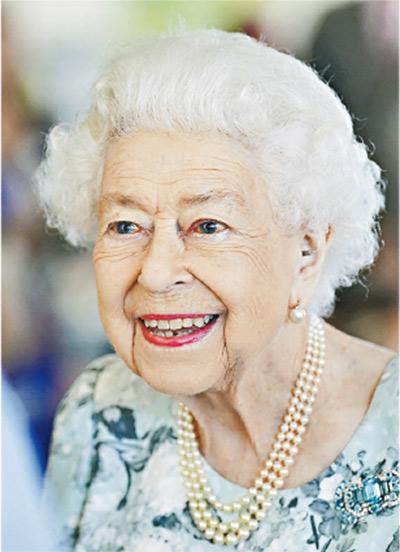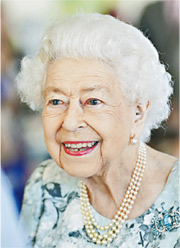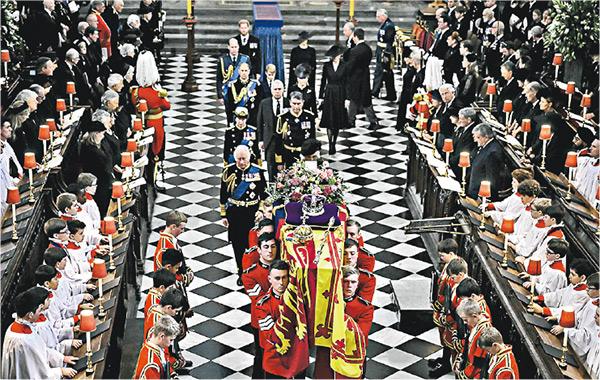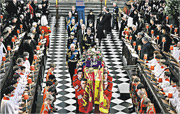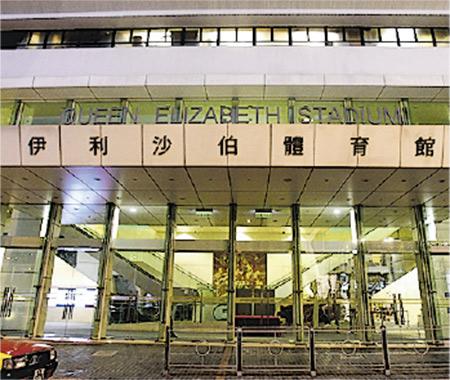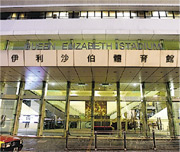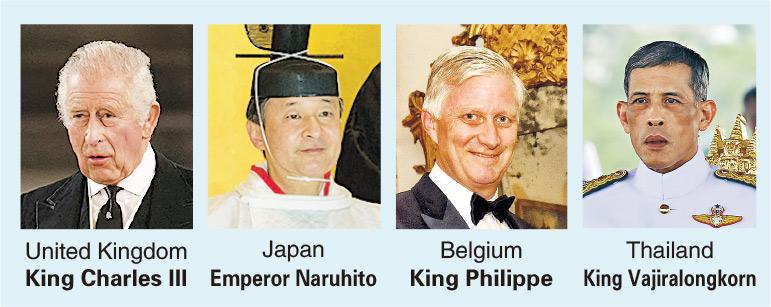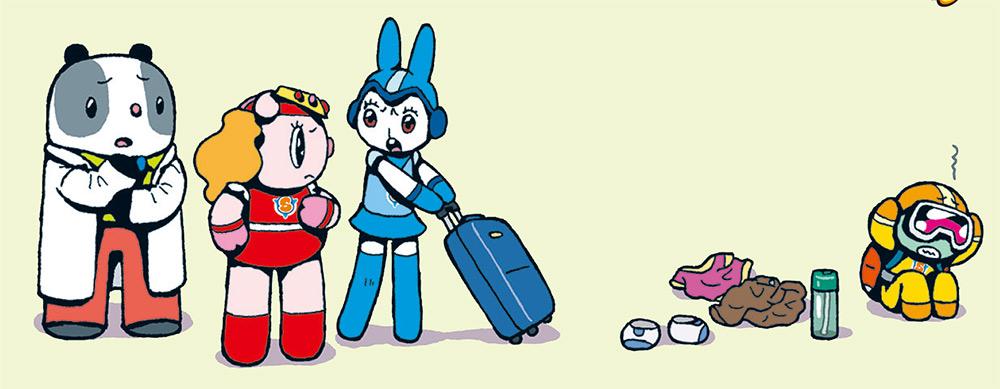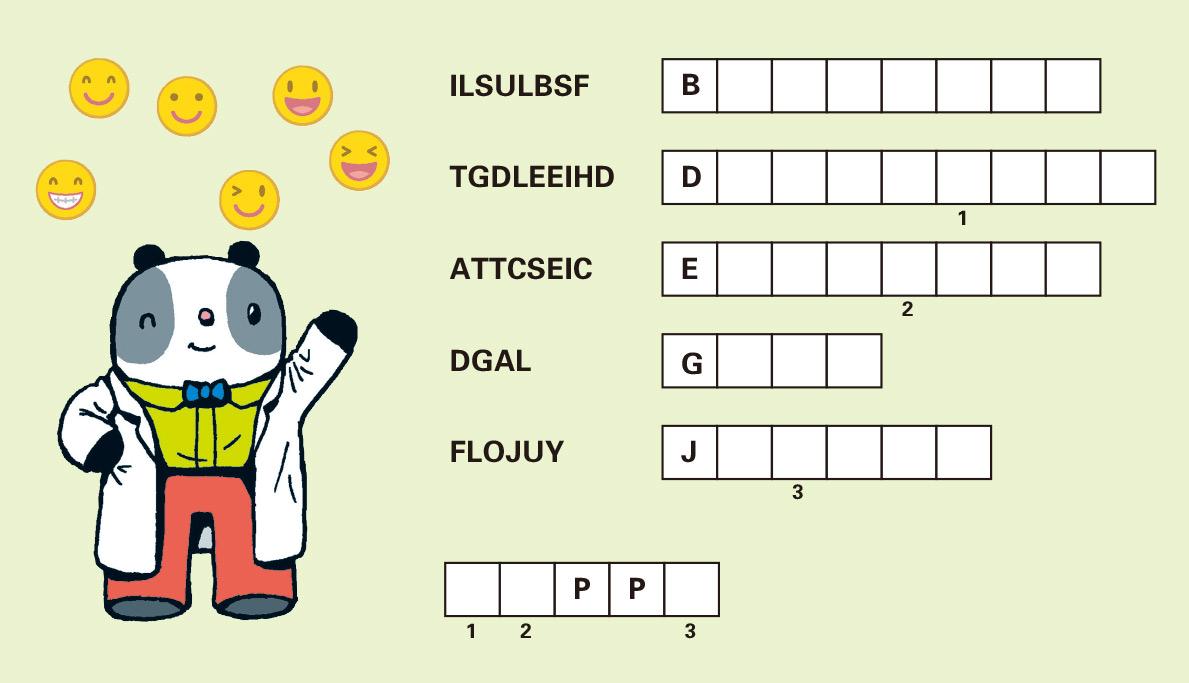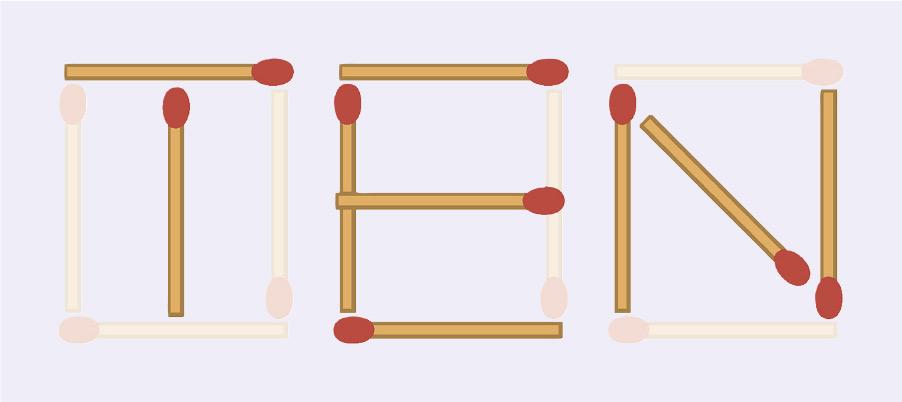Talk of the town : Constitutional monarchy
【明報專訊】Queen Elizabeth II of the United Kingdom died on September 8, 2022. As announced by the Royal Family, the Queen "died peacefully" at Balmoral in Scotland. After the Queen's death, her son, Charles, acceded to the throne and will be known as King Charles III.
Thousands of people waited in queue to see and mourn the Queen Elizabeth II, lying in state in Westminster Hall. The longest waiting time was estimated to be more than 24 hours. Apart from British citizens, many world leaders and celebrities have paid last respects to Queen. The State Funeral of Queen Elizabeth II was held on 19th September, 2022, and the Queen was buried together with her husband, Prince Philip, Duke of Edinburgh.
What is a constitutional monarchy(君主立憲)?
In ancient time, most of the countries practised absolute monarchy as their political system, which means that the king could exercise their absolute power on people without any constraints. The monarch made every decisions for the state and was regarded as the highest state organ. For example, the king could kill anybody he wanted. With societal improvement, people strove for more rights and thought that the monarch should not be given absolute power. Thus, people invented a new political system called constitutional monarchy.
Constitutional monarchy means that the monarch no longer exercises absolute powers on people, and the power they enjoy is restricted by constitution. Under this system, the highest state organ is constitution, thus the monarch only acts as a 'head of state' with limited political power. However, the monarch remains as a 'symbol' of the nation and carries special meanings to the citizens. For example, Queen Elizabeth II delivered a speech to encourage British citizens amid the pandemic situation.
Nowadays, some countries that practise constitutional monarchy, for example:
(See the picture D)
■Gear up
Queen Elizabeth II is the longest reigning monarch in British history. (True / False)
(Answer on next text)
■Game
Riddle
What is this?
(See the picture E)
(Answer on next text)
■Glossary
absolute(adj) 絕對的
constraints(n) 限制
monarch(n) 君主
constitution(n) 憲法
(Criticisms on this publication, if any, are aimed at pointing out the errors or defects of certain systems or policies with a view to rectifying or eradicating such errors or defects, as well as prompting improvement or remedy for them via lawful means. There is absolutely no intention of inciting hatred, discontent or hostility towards the government or other classes of the community.)
[Smarties' Power English 第352期]

